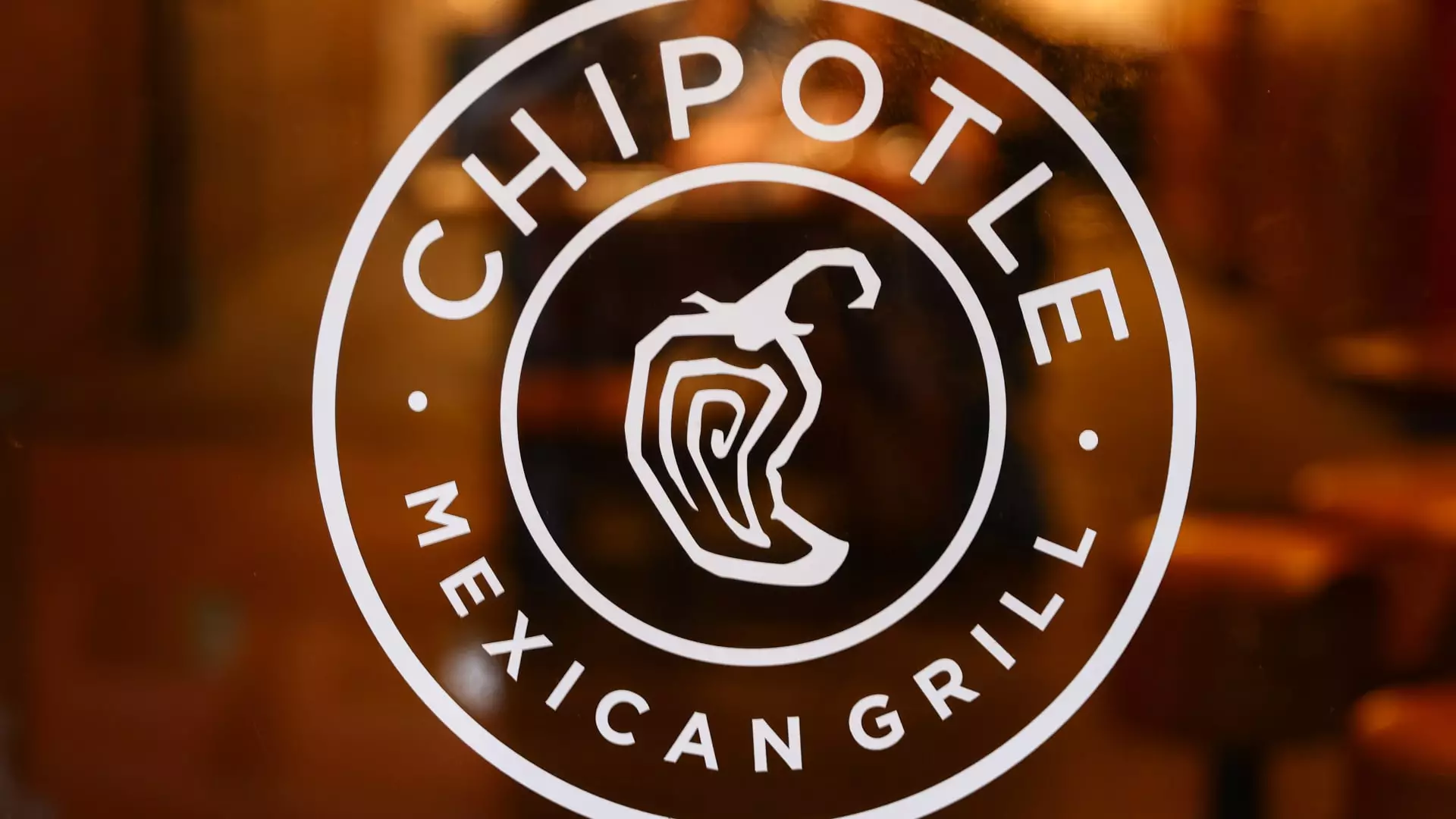Chipotle Mexican Grill has recently set its sights on Mexico, anticipating its first restaurant opening in early 2026. This ambitious move marks a critical moment in the company’s expansion strategy, which has largely remained centered in the United States for years. However, in this unprecedented endeavor, one must interrogate whether it is a savvy business decision or a reckless pursuit of growth in a saturated market.
The partnership with Alsea, a well-versed operator in the Latin American fast-food scene, provides Chipotle with a strategic ally. Yet, the broader geopolitical landscape casts a shadow of uncertainty. President Trump’s tumultuous trade policies have strained the U.S.-Mexico relationship, raising the specter of tariffs and trade wars. While avocados—one of Chipotle’s key ingredients—have previously faced hefty tariffs, consumers would be right to question how fluctuating trade dynamics could impact the cost and availability of this staple. For a brand that prides itself on utilizing fresh, quality ingredients, this instability could undermine its business model from the very start.
Familiarity vs. Authenticity: A Slippery Slope
Interestingly, Chipotle is venturing into a market where food culture is deeply ingrained and significantly different from the Americanized versions of Mexican cuisine that have become popular. Many critics argue that U.S. consumers often misinterpret authentic Mexican flavors, and Chipotle’s past attempts at defining this culinary space don’t always translate positively overseas. The failures of Taco Bell to make inroads into Mexico serve as a cautionary tale. If Chipotle assumes that Mexicans will embrace its “fresh” interpretation of their beloved cuisine solely because of ingredient familiarity, it risks alienating potential customers who prioritize authenticity.
Moreover, how will Chipotle differentiate itself in a market that already boasts vibrant street food culture? The company has built its brand on the premise of fresh, fast, and customizable meals, but entering Mexico means competing with age-old mom-and-pop establishments often offering fare that’s not only cheaper, but also deeply resonant culturally. As suave marketers come up with strategies to position Chipotle as more than just another foreign fast-food option, one must wonder if they are prepared for the Flavor War that lies ahead.
Is International Expansion the Right Flavor?
While Chipotle’s international ambitions show undeniable ambition, this move raises profound questions about the company’s core values. Is it genuinely about offering high-quality food, or merely chasing profits through geographical expansion? The recent trend of American chains entering international markets is littered with brands that falter when they fail to adapt their offerings and respect local preferences.
In a world that increasingly champions sustainability and local food sources, Chipotle’s reliance on Mexican avocados could backfire if it neglects to interpret local dining culture in a sensitive and engaging way. Can it cultivate loyal customers in Mexico while continuously battling geopolitical hurdles? Only time will tell if Chipotle is navigating a meaningful growth trajectory or embarking on a quixotic quest driven solely by ambition.


Leave a Reply